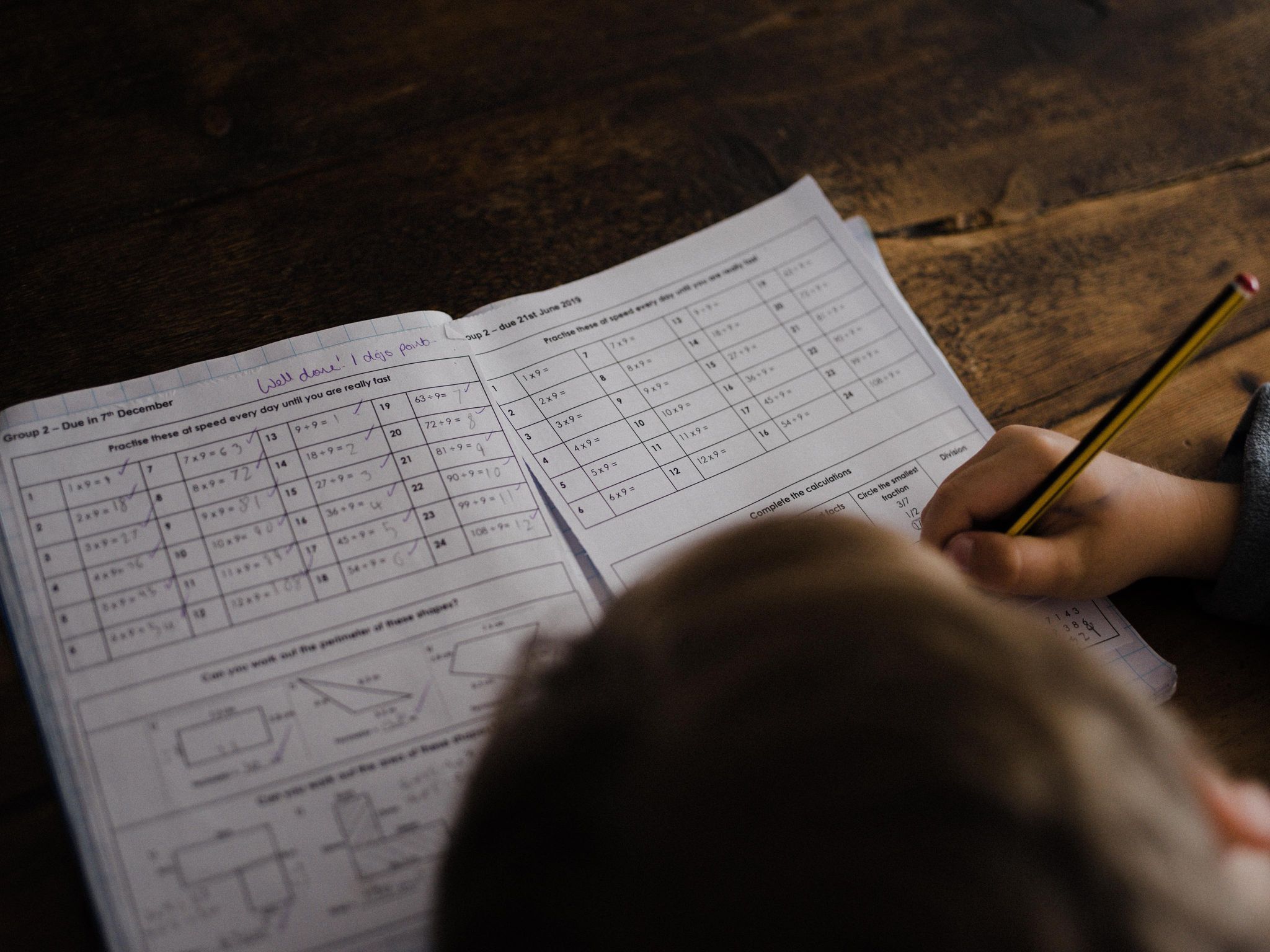 Clinical psychologist, Matthew Zakreski, co-founded the Neurodiversity Podcast – an online group that maintains various forms of development are diverse forms of development rather than specific disabilities. Matthew Zakreski was a speaker at a conference hosted by the Australian Association for the Education of the Gifted and Talented (AAEGT) and spoke about the 'performance cliff' that many high ability students encounter. He referred to high ability students who achieved well early in their academic career when their natural cognitive ability and rapid rate of learning is sufficient for them to achieve.
Clinical psychologist, Matthew Zakreski, co-founded the Neurodiversity Podcast – an online group that maintains various forms of development are diverse forms of development rather than specific disabilities. Matthew Zakreski was a speaker at a conference hosted by the Australian Association for the Education of the Gifted and Talented (AAEGT) and spoke about the 'performance cliff' that many high ability students encounter. He referred to high ability students who achieved well early in their academic career when their natural cognitive ability and rapid rate of learning is sufficient for them to achieve.
Without what Mihaly Csikszentmihalyi describes as 'Flow" or sufficient 'stretch' being required as students learn, prompting the development of suitable study skills to manage gradually increasingly difficult work, a 'performance cliff'' inevitably occurs, when high-ability students fail to perform according to their ability. This 'performance cliff' tends to occur earlier for neurodiverse students who have not yet acquired the study skills that are required for them to optimise their performance as academic work becomes more challenging.
I frequently tell high-ability students that 'E = R' (i.e., Effort = Results) is more important than Einstein's famous Theory of Relativity – with which many high-ability students are familiar. Effort is required to achieve academically, but acquiring personally effective study skills is critical for academic achievement, too. Natural ability is no longer sufficient as academic work becomes more rigorous, especially as a brain is being 'reconstructed' and requires specific skills to learn and produce material that is required for optimal academic performance.
It is very difficult for high ability students to understand that a learning method that has consistently worked previously is no longer sufficient. Without expending effort, high ability students (who often learn new material in 1 – 3 repetitions) regularly 'outsource' revision to teachers who present new material 7 – 10 times, as required by average ability students in a heterogenous class if they need to learn new material. The high-ability student regularly becomes a passive recipient of a teacher's effort and is neither required to expend effort nor develop study skills to actively participate in learning or producing new material.
When a 'Performance cliff' is encountered, high-ability students (whether they are neurodiverse or not) must quickly acquire study skills that are personally effective or risk significantly academically underachieving, thus failing to attain important personal, academic or career goals.
© Michele Juratowitch
michele@clearingskies.com.au